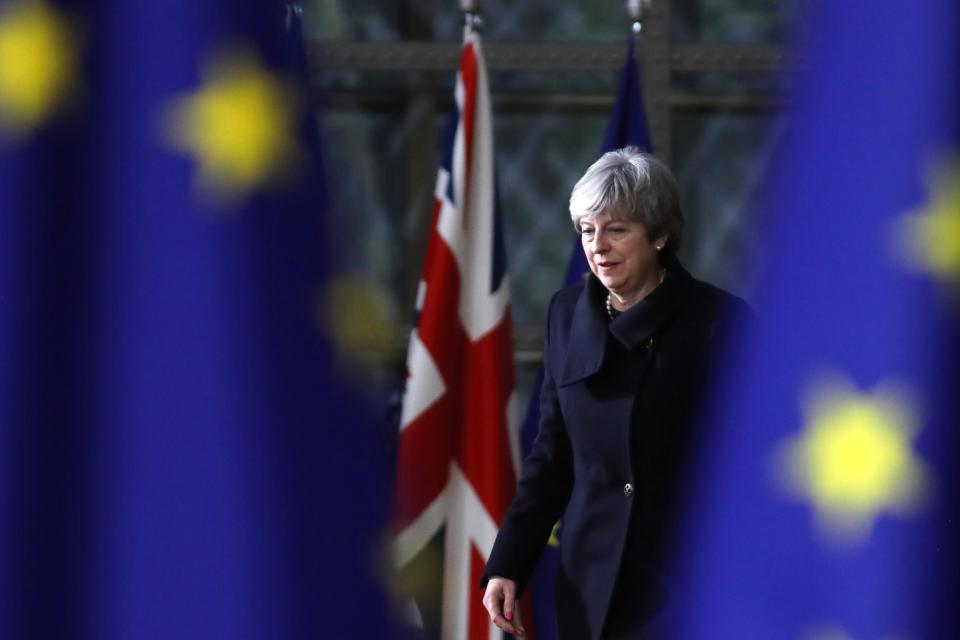Theresa May has not asked EU leaders for sanctions against Russia in response to Salisbury nerve agent attack
Theresa May has not asked European leaders to consider sanctions against Russia in response to the Salisbury nerve agent attack, ahead of a major Brussels summit in which she is expected to brief leaders on the state of the investigation.
A senior EU official with knowledge of preparations for the summit said the European Council had not been approached “with any request to put on the table restrictive measures”.
Ms May is instead expected to press leaders to attribute blame to Russia at the meeting, EU sources familiar with officials’ meetings that have been taking place said.
The strategy, which contrasts with the tough rhetoric of Ms May’s Government against Vladimir Putin, comes after a less-than-united front against Russia in Europe. European Commission President Jean-Claude Juncker on Tuesday caused a stir by congratulating Mr Putin on his re-election and wishing him “every success”, while there are reports that the foreign ministers’ meeting toned down the language criticising Russia at the behest of sceptical member states.
Foreign ministers who met in Brussels on Monday agreed only that the “European Union takes extremely seriously the UK Government’s assessment that it is highly likely that the Russian Federation is responsible”, but did not say definitively that Russia was responsible.
The ministers, who were privately briefed by Foreign Secretary Boris Johnson, also asked Russia to assist the investigation into the incident by opening its files on the Novichok nerve agent that the UK says was used in the apparent attempted assassination of former spy Sergei Skripal and his daughter Yulia.
The senior official said the focus at the Thursday and Friday meeting would likely be on a “common line on attribution and solidarity” as well as “a need to ensure coordination for the future”.
European Council President Donald Tusk is understood to be keen to attribute blame to Russia for the attack, but the decision would depend on the agreement of the other member states.
A rift between Mr Juncker and Mr Tusk on the issue has appeared to open up behind the scenes, after a well-placed senior EU official said Mr Tusk had not written to Mr Putin in the way that Mr Juncker had.
“As far as I know President Tusk hasn’t sent such a letter until now. I would not be surprised if he would not send one at all,” the official said.
As well as the issue of Russia, the March European Council meeting will also consider the latest developments in the Brexit negotiations and how to respond to the looming trade dispute with Donald Trump’s administration in the EU – among other items on a packed agenda.

 Yahoo News
Yahoo News 

